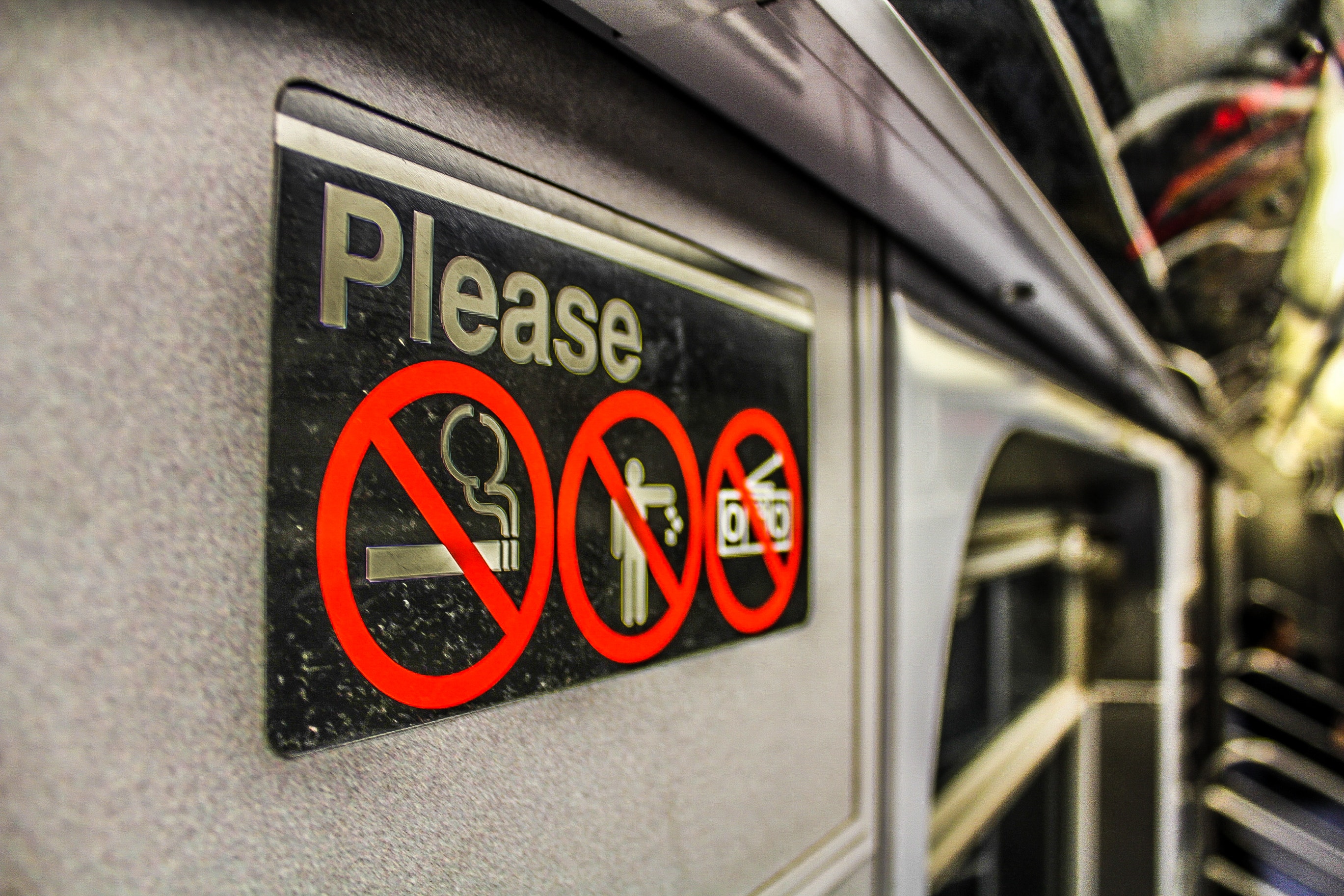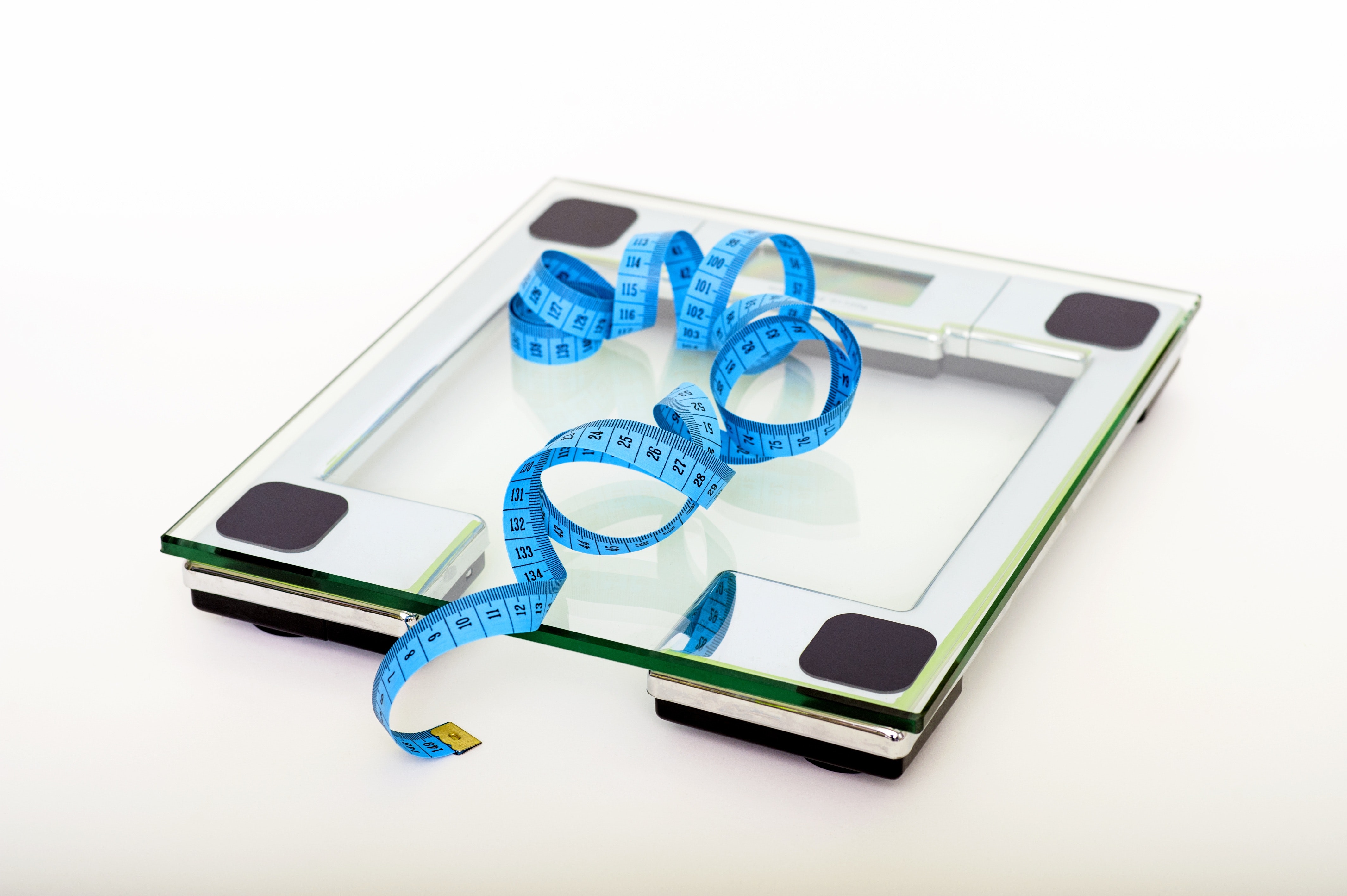
7 Keys To Cancer Prevention
Maintaining a healthy lifestyle is important to reduce your cancer risk. Here are 7 keys to cancer prevention to help you on your journey to better health:
1. Limit Sun Exposure

Keep your skin healthy and safe by limiting your exposure to the sun. To do so, limit your exposure between the hours of 10:00 and 4:00 when the sun’s UV rays are at their strongest. Wear protective clothing and seek shade. Slather on the SPF every day – not just during the summer months. Winter is another time is important to think about your skin, as snow can reflect up to 80% of UV rays and increase your exposure to the sun’s damaging effects. Finally, choose the right sunscreen with a broad spectrum sunscreen (blocks both UVA and UVB rays) with an SPF of 30 or more. For more tips on sun safety, check out our blog article “4 Summertime Sun Safety Tips.”
2. Avoid Tobacco
 9 out of 10 lung cancers are caused by smoking. Limiting your tobacco use can greatly reduce your chances of getting lung cancer. According to the American Cancer Society, “More than 34 million Americans still smoke cigarettes, and smoking remains the single largest preventable cause of death and illness in the world.” While quitting smoking isn’t easy, there are plenty of resources available for those who wish to kick the habit. For the support you need to help you quit, visit American Cancer Society’s Great American Smokeout resource page.
9 out of 10 lung cancers are caused by smoking. Limiting your tobacco use can greatly reduce your chances of getting lung cancer. According to the American Cancer Society, “More than 34 million Americans still smoke cigarettes, and smoking remains the single largest preventable cause of death and illness in the world.” While quitting smoking isn’t easy, there are plenty of resources available for those who wish to kick the habit. For the support you need to help you quit, visit American Cancer Society’s Great American Smokeout resource page.
3. Eat a Healthy Diet
Eating for your best health means following some common sense guidelines:
- Eat more plants – Only 1 in 10 adults in the U.S. is currently eating enough fruits and vegetables on a daily basis. The CDC recommends at least 1 1/2-2 cups of fruit and 2-3 cups of vegetables. If you find yourself coming up short, we’ve got lots of Pinterest-worthy ideas and recipes here!
- Eat less red meat – Most studies show that the lower your consumption of red meat, the better your health. To practice moderation, consider going meat-free a couple of days each week. Find your protein and iron in alternatives foods such as fish, poultry, beans, or legumes. If you eat red meat more frequently, Harvard Heath recommends cutting back to a portion size of 1.8 to 3.5 ounces per serving.
- Limit sugary drinks – People who regularly consume at least one sugary soft drink a day could be at increased risk of cancer, according to a new study from the Cancer Council Victoria and University of Melbourne. Switch to fruit-infused water for a delicious alternative. Remember, most adults should drink around 8 eight-ounce glasses of water per day.
4. Exercise Regularly

A sedentary lifestyle poses many health risks, including increased risk of cancer, cardiovascular disease, type 2 diabetes and premature death. If you are spending too much time watching television, surfing the internet or browsing social media, you may need to motivate yourself to get some additional physical activity. The U.S. Department of Health recommends 2 1/2 hours of moderate intensity exercise per week (or 1 1/2 hours of high intensity exercise). How do you compare?
5. Maintain a Healthy Weight
To figure out if you are at a healthy weight, you will want to calculate your Body Mass Index, or your BMI. BMI is a number based on your weight and height.
- Underweight: BMI is less than 18.5
- Normal weight: BMI is 18.5 to 24.9
- Overweight: BMI is 25 to 29.9
- Obese: BMI is 30 or more
Here are some tools to help you learn more or calculate your BMI.
6. Limit Your Alcohol Intake

There is strong evidence that chronic heavy drinking can cause many types of diseases, cancer included. Moderate alcohol consumption means up to one drink per day for woman and up to two drinks per day for men younger than 65 (one drink per day for men 65 and older). Even following these moderate guidelines does not mean that you are risk-free, however.
7. Have Regular Cancer Screenings
Aside from living a healthy lifestyle, regular cancer screenings can help detect cancer early and increase your risk for a healthy outcome. It is important to follow the recommended guidelines for cancer screenings. Screenings help find cancer in individuals who may not have other symptoms of cancer. To find a current list of cancer screening guidelines, visit the American Cancer Society’s page.
Making healthy choices about diet, exercise and lifestyle can decrease your risk of cancer and other diseases. For more information, consult with your family physician or visit grandlakeregionalcancercenter.org







